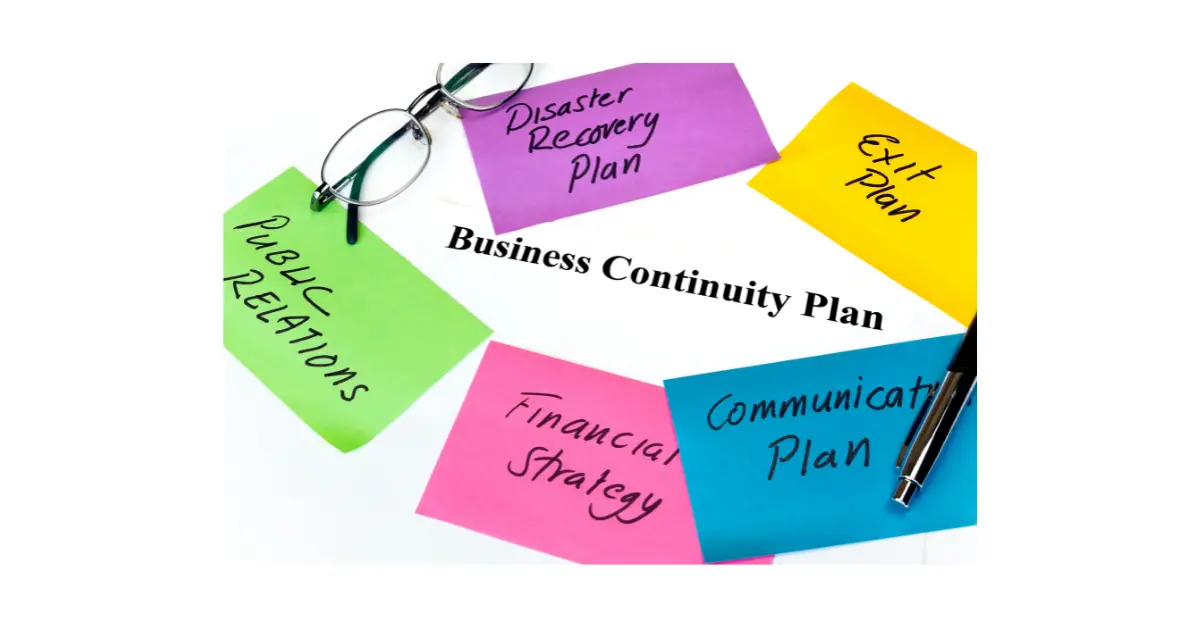In an era where businesses face an array of unforeseen challenges, from natural disasters to technological disruptions, the significance of a Business Continuity Plan (BCP) has never been more pronounced.
But what exactly makes a BCP an indispensable asset for modern enterprises? This blog post aims to unravel the critical role of BCPs in safeguarding businesses against potential threats and ensuring operational resilience.
We’ll explore how a well-implemented BCP can be the difference between a swift recovery and prolonged downtime in the face of a crisis.
Additionally, we’ll delve into the financial implications and the often-overlooked benefits of employee safety and confidence that a BCP brings to the table.
Appreciate the strategic value of a BCP, which is more than just a contingency plan and enables businesses to maintain continuity and competitive advantage by understanding risk assessment and crisis management.
Join us as we dissect the nuances that make a Business Continuity Plan a cornerstone of sustainable business practice, emphasizing its necessity in today’s unpredictable business landscape.
A well-crafted business continuity plan (BCP) helps organizations keep their operations running despite disruptive events.
Identifying potential threats and outlining steps to take in the event of an interruption, a business continuity plan (BCP) can help reduce the impact of disruptions on an organization’s financial performance.
In some cases, a BCP can even help organizations avoid disasters altogether.
While no organization is immune to disruptions, having a BCP in place can make all the difference in how quickly and effectively an organization can recover.
For example, following a major earthquake, businesses that had a BCP in place could resume operations an average of 3 days sooner than those without a plan.
Given the importance of continuity planning, it’s clear that any organization would be wise to have a BCP in place.
There are many reasons why having a business continuity plan (BCP) is important. Some of the most important reasons are that a BCP can help an organization resume operations more quickly following a disruptive event.
It can help reduce the impact of disruptions on an organization’s bottom line, and can even help organizations avoid disasters altogether.
In addition, having a BCP can help an organization meet compliance requirements, improve its disaster preparedness, and protect its reputation.
Developing a comprehensive business continuity plan (BCP) prepares organizations for potential disruptions.
A well-designed plan can help an organization maintain productivity, safety, and profitability during and after an interruption.
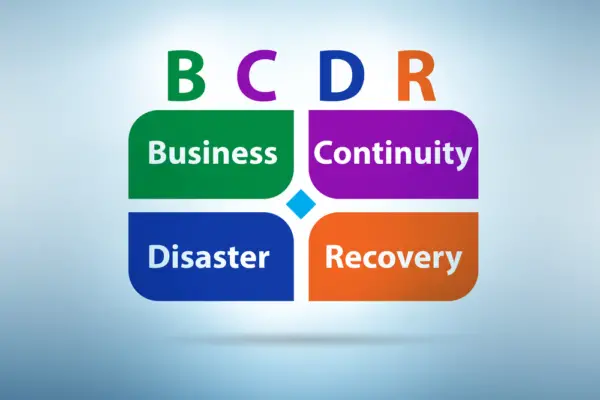
The key components of a business continuity plan include identifying critical functions, essential personnel, and vital records.
The plan should also identify alternate work locations, communication plans, and supplier arrangements.
The importance of a business continuity plan includes:-
- Minimized financial losses
- Reduced downtime
- Improved safety and security.
Minimized Financial Losses
The goal of any business continuity plan is to ensure that the company can continue to operate in the event of an unexpected interruption.
While many benefits can be achieved in a business continuity plan, one of the most important is minimizing financial losses.
In the event of a major disaster, the loss of revenue often forces businesses to close their doors for good.
To minimize financial losses, companies can increase their chances of weathering the storm and leaving the other side intact.
Several strategies can be used to minimize financial losses, including diversifying income sources, maintaining adequate insurance coverage, and stockpiling emergency funds.
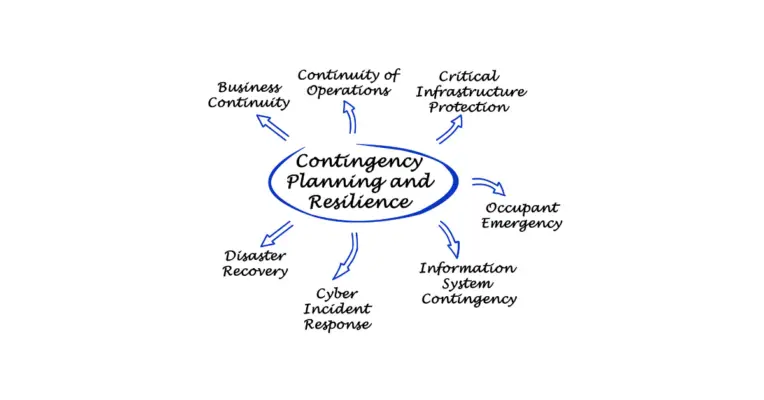
Business continuity plans help businesses to avoid financial losses in the event of an emergency or disaster.
Having a business continuity plan in place can help you prevent any interruptions in your operations and minimize the financial losses that may occur as a result of such an event.
There are a number of financial losses that can affect an organization. Some of these include:-
- Loss of revenue: This can occur when an organization cannot generate sales due to an emergency or disaster. This can have a significant impact on the bottom line and may lead to the organization having to close its doors.
- Loss of customers: Customers may leave an organization if they feel that it is not safe or stable. This can lead to a loss of revenue and impact the organization’s long-term success.
- Loss of employees: Employees may lose their jobs if an organization is forced to close its doors. This can lead to financial hardship for those employees and their families. Employees may leave an organization if they feel that it is not safe or stable. This can lead to a loss of productivity.
- Loss of data: If critical data is lost or destroyed, the organization may be unable to continue operations. This can lead to a loss of revenue and customers.
- Loss of reputation: An organization’s reputation can be damaged if it cannot continue operations during an emergency or disaster. This can lead to a loss of customers and revenue.
Reduced Downtime
Reduced downtime is one of the most important benefits of implementing a business continuity plan (BCP). When an organization experiences a major disruption, such as a power outage or network failure, having a plan in place can help to minimize the impact on operations.
Preparing for potential disasters can help businesses maintain productivity and avoid costly downtime.
In addition, BCPs can also help organizations to recover more quickly from disruptive events.
The plan in place will outline how to respond to and recover from major disruption, businesses can reduce the amount of time spent addressing the issue and get back up and running as quickly as possible.
Implementing a BCP is essential to ensuring that your business can withstand any potential disaster.
When creating a BCP, it is important to consider all potential risks your business could face. This includes both natural and man-made disasters, as well as system failures and human error.
Even a short interruption can cause significant losses for a business, but with a BCP in place, organizations can minimize the amount of time their operations are affected.
In some cases, businesses can even continue operating normally despite a major disruption.
In today’s fast-paced business world, companies cannot afford to be without their critical systems for long periods of time.
BCP helps to reduce the risk of extended downtime and can make the difference between a company being able to quickly recover from an interruption and struggling to survive.
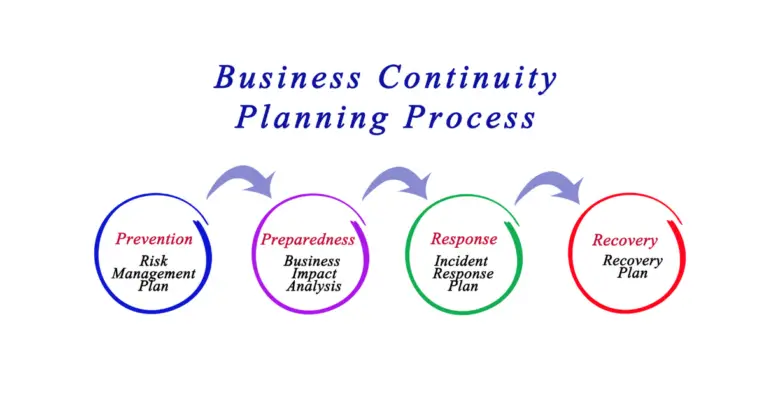
Improved safety and security
Many organizations develop BCPs in response to threats like natural disasters or terrorist attacks.
However, BCP can also provide improved safety and security benefits. By identifying potential risks and designing measures to mitigate them, BCP can help reduce the likelihood of accidents and incidents.
BCP can help organizations keep their employees safe, minimize damages, and reduce the length of disruptions.
In today’s increasingly uncertain world, improved safety and security are important for BCP. By developing a plan and testing it regularly, organizations can be better prepared to deal with potential threats.
As a result, they can minimize the impact of disruptions and keep their employees and customers safe.
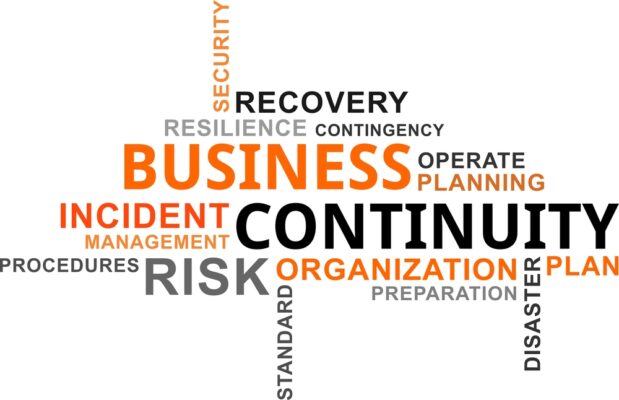
Conclusion
Despite the importance of business continuity planning, many organizations still do not have a plan. If your organization is one of those that has yet to create a BCP, now is the time to start.
Developing and implementing a well-crafted Business Continuity Plan (BCP) can help organizations maintain operations during disruptions. Get a customized solution for a BCP from RiCOH business continuity plan for your organization. If not, why not?

Chris Ekai is a Risk Management expert with over 10 years of experience in the field. He has a Master’s(MSc) degree in Risk Management from University of Portsmouth and is a CPA and Finance professional. He currently works as a Content Manager at Risk Publishing, writing about Enterprise Risk Management, Business Continuity Management and Project Management.

